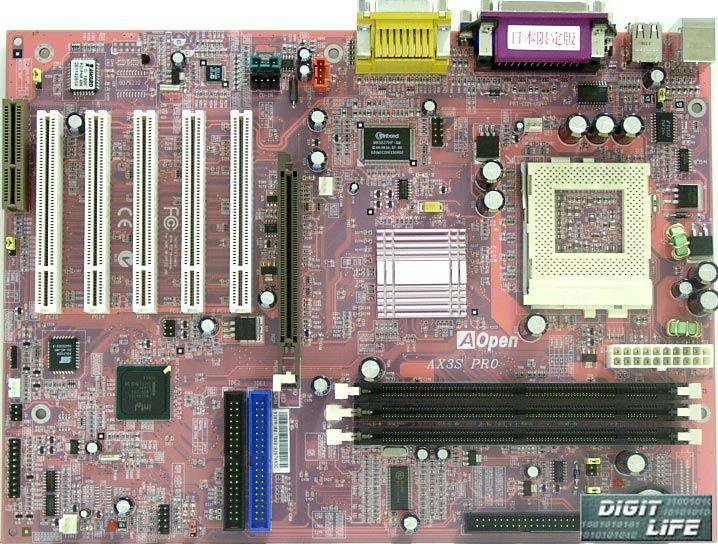QDI and DFI are, to me, relevant up through the Pentium era. By the time ATX started taking over, I was more into Asus. The computer store I worked at for a while did have a DFI board or two in the late P3 / early P4 times, but it struck me as a bit of a budget board.
Some of the P4 / Athlon Asus boards were a little... eh, quirky. Got lots of returns, especially on the Socket A boards. So, I moved on to Epox about then. I loved the (three or four, I think) Epox boards I had -- fast, relatively inexpensive, lots of features, nice design.. so I stuck with them up until they went AWOL.
Then I moved on to Abit. Definitely an enthusiast's brand. Lots of OC options, RAID, SATA, all the fancy stuff. They seemed to get a little shaky after the Core 2 era, and TBH, I was getting sick of the influx of cheap garbage boards with "attitude" style over substance, so I started buying Intel OEM boards until they threw in the towel. Supermicro when I was building stuff for work or more of an "appliance" role. I really don't know what I would pick for a home PC now. It's been a few years.
As for "which board," that seems like a no-win scenario to me. I mean... what are you looking for? I've been into mini-ITX for a while, for rack-mount boxes or small desktop form factors. If you have to have 10% faster benchmarks, or want a light-show in your case, then that's a different ball of wax. Either way, do you have a chipset preference? What socket? How many slots do you need? What about onboard I/O? Apparently somebody thought having a tube in their computer was a good idea, so there's that...
I've definitely got my favorites. Asus P2B, TUSL-2; Abit IC7-G (Serillel!); don't remember the Epox P4 board I really liked.. oh, EP-4G4M+ I think. Nothing particularly special about it, it just had the features I wanted at the time.



